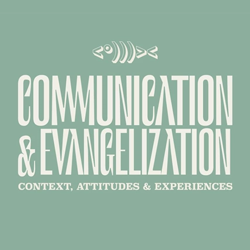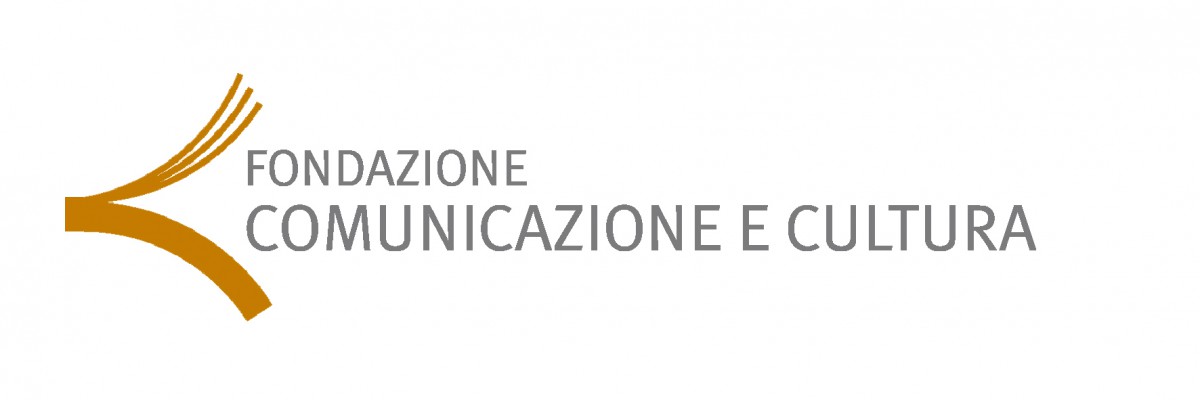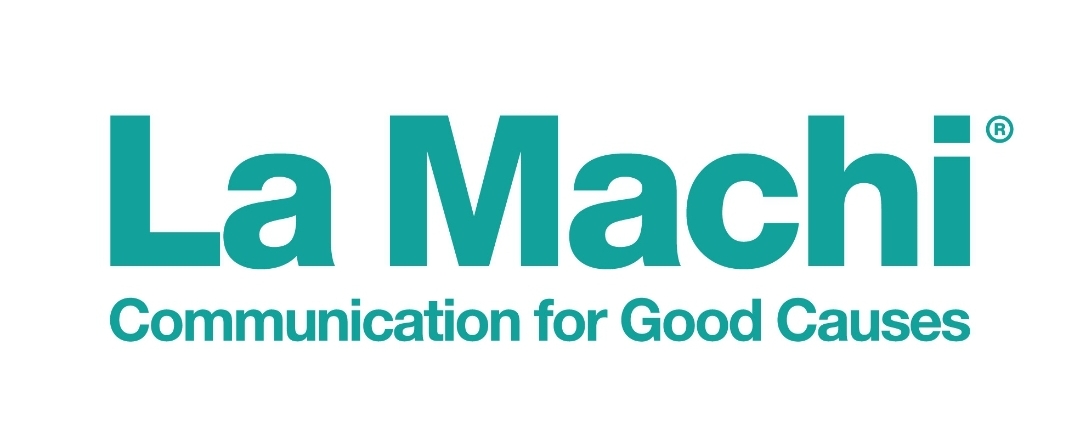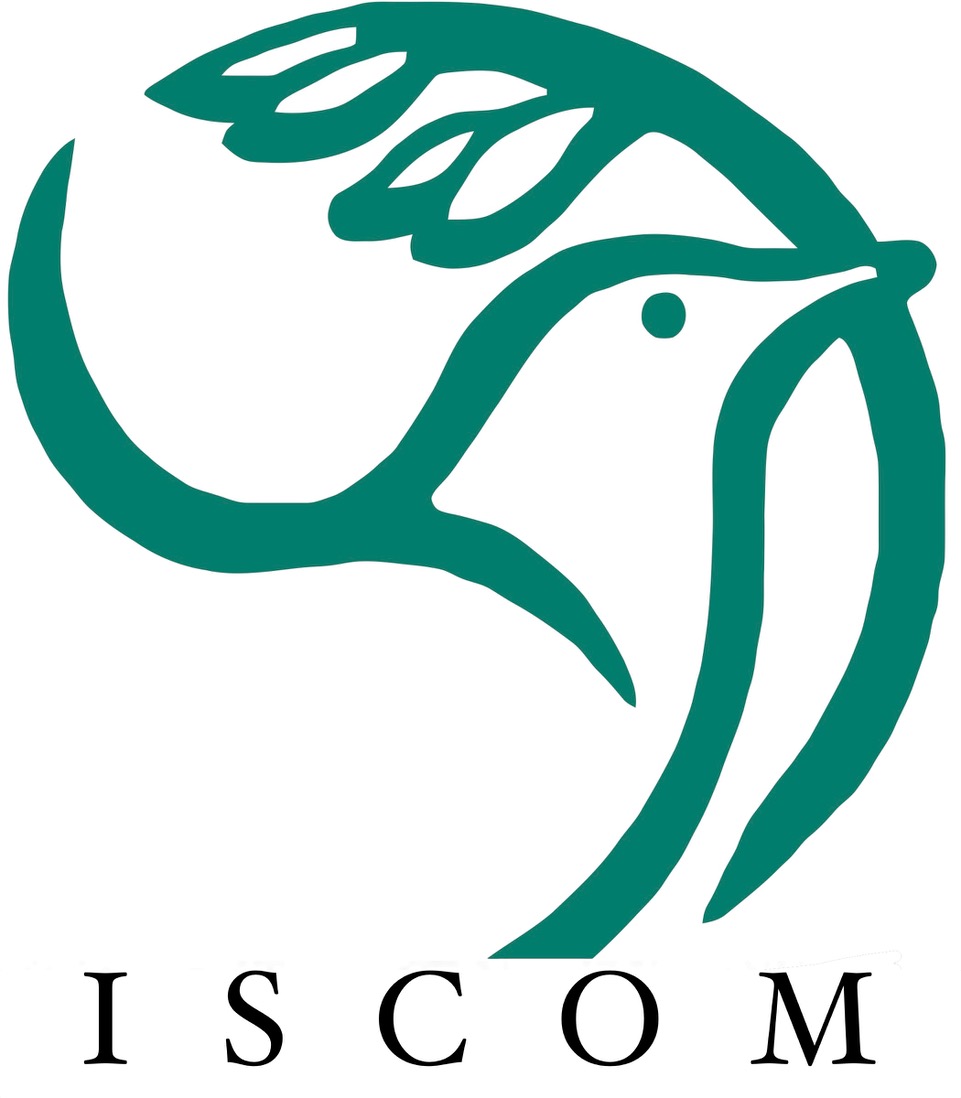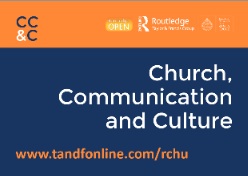 |
|  |
| ![]()
Enrollment is closed
Communication and evangelization:
context, attitudes and experiences
Rome, January 22-24, 2025
The Professional Seminar of the School of Church Communications of the Pontifical University of the Holy Cross is an international forum that takes place every two years and is addressed to communicators from dioceses and other ecclesial entities, bishops' conferences, congregations or institutes of consecrated life, movements and other Church-related organizations.
In its thirteen editions, the Seminar has addressed many aspects of institutional communication in the Church, such as generating trust, listening and relevance, digital culture, crisis and controversy management, and relations with the media and opinion leaders.
In the context of the Great Jubilee of 2025, the Seminar has chosen as its focus one of the essential characteristics of communication in the Church: its evangelizing horizon. As St. Paul VI emphasized, evangelization in the contemporary world takes the form of dialogue: "The Church must enter into dialogue with the world in which she lives. The Church becomes word; the Church becomes message; the Church becomes dialogue" (Ecclesiam suam, no. 34). He added that dialogue is "an art of spiritual communication" that requires "clarity, affability, trust, prudence" (id. no. 37). This aspect has since been emphasized by popes ever since, up to Francis' recent catecheses on evangelization.
This goal is also present in the work of the Church's communication departments. Their form of dialogue brings together characteristics such as the primacy of charity, love of truth, respect for the person and his or her freedom, and the promotion of pluralism. In addition, the various dimensions of the Church's communication refer to the horizon of evangelization: internal communication, relations with journalists, creation of media and channels, presence on social networks, listening, dissemination of content, and institutional relations. All these activities must make the Church capable of proclaiming Christ, the good news.
"Every authentic evangelizing action is always 'new'" (Evangelii Gaudium, no. 11), because the context, protagonists and interlocutors change. The Seminar "Communication and evangelization: Context, attitudes and experiences" is an opportunity to reflect on the keys to the contemporary context and the content most relevant to today's world; on the participation of believers in different communication forums; on issues of style that facilitate or hinder dialogue about faith; and on experiences that are sources of inspiration.
The Great Jubilee of 2025 raises many questions about the link between evangelization and communication: how can the Church's communication offices help bring to public attention the reality of God and His love for all people? How to tell stories that convey this reality? How to ensure that Church communication helps bring the light of the Gospel to all environments, especially those most in need? How can communication help "convey hope" in a polarized and often polemical context? How do we keep the focus of these offices on essential issues?
The Catholic ethos has always paid attention to ways of knowing God. In the wake of this tradition, the Seminary's discussions have been articulated around different ways that facilitate the communication of faith: the way of witness, the way of reason and science, the way of charity and service, the way of culture and art, the way of healing and forgiveness, the way of relationship, the way of joy and popular piety, among others.
| Program |
Sezione:

